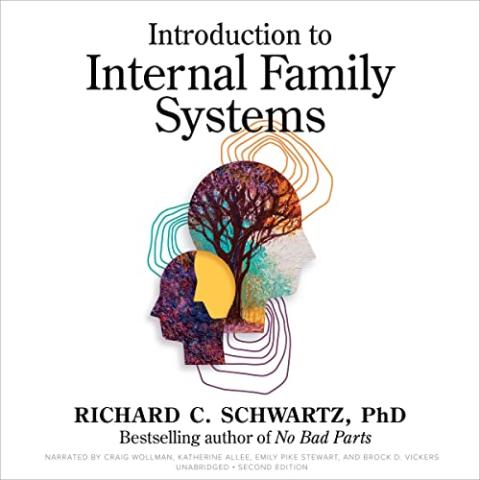Self-Therapy, 2nd Edition

Publisher's summary
A step-by-step guide to creating wholeness and healing your inner child using IFS, a new, cutting-edge psychotherapy.
Understand your psyche in a clear and comprehensive way, and resolve deep-seated emotional issues. Self-Therapy makes the power of a cutting-edge psychotherapy approach accessible to everyone. Internal Family Systems Therapy (IFS) has been spreading rapidly across the country over the past decade. It is incredibly effective on a wide variety of life issues, such as self-esteem, procrastination, depression, and relationship issues. IFS is also user friendly; it helps you to comprehend the complexity of your psyche. Dr. Earley shows how IFS is a complete method for psychological healing that you can use on your own.
Self-Therapy is also helpful for therapists because it presents the IFS model in such detail that it is a manual for the method.
©2012 Jay Earley (P)2013 Jay Earley



